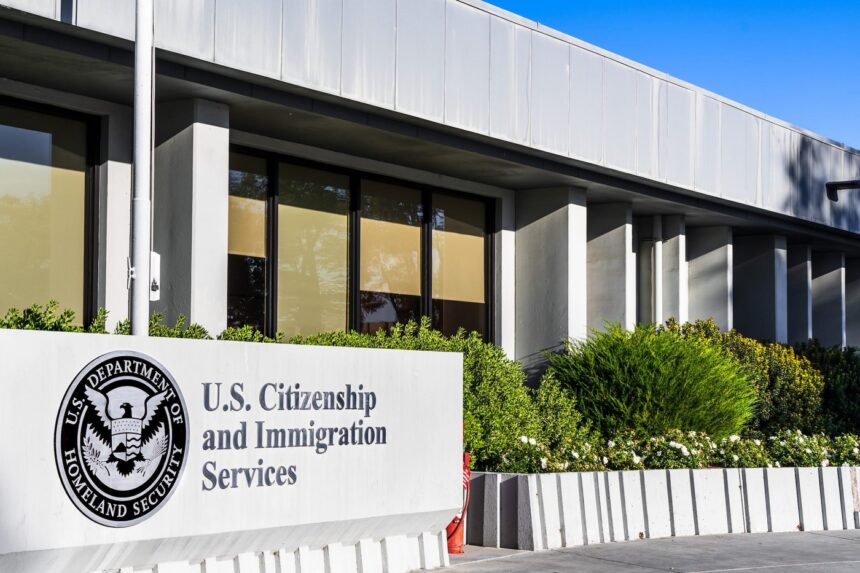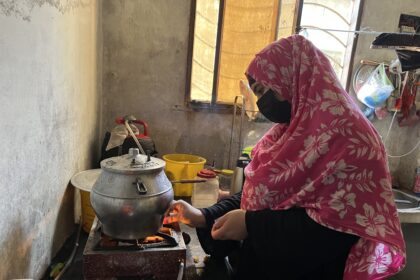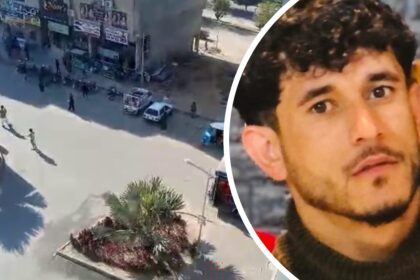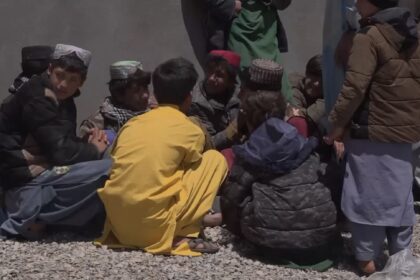Thousands of Afghan nationals who fled the country after the Taliban takeover are now facing uncertainty after the U.S. government announced an indefinite suspension of all visa and immigration applications for Afghan citizens. The move followed a shooting near the White House in Washington, D.C., which left two National Guard soldiers critically injured.
The suspected shooter, an Afghan national who arrived in the U.S. during the 2021 evacuation, was taken into custody immediately after the incident. Within hours, U.S. immigration authorities announced a freeze on all Afghan immigration applications while security and vetting procedures are reviewed.
Afghans Awaiting Resettlement Struggle
The suspension has left many Afghan nationals, who had been awaiting resettlement under the Special Immigrant Visa program, in limbo.
“I thought this was our last chance to escape danger,” said Faridullah*, 28, a former interpreter for U.S. forces now living in Pakistan. “Now we don’t know if we can ever go to safety. Returning to Afghanistan could be fatal.”
Zahra*, 35, a former journalist from Herat who fled after receiving threats from the Taliban, said, “We risk our lives every day here. The U.S. suspension closes the only door we had.”
Shawn VanDiver, president of AfghanEvac, said, “None of us want to be defined by the actions of another person, so we encourage the media, elected leaders, decision-makers, and other people of influence not to demonize the Afghan community for the deranged choice this person made.”
Others in Qatar, North Macedonia, and neighboring countries report similar fears. Many were affiliated with NGOs, international agencies, or the former Afghan government and had spent years in waiting for their resettlement interviews.
U.S. Response
The U.S. government said the freeze was necessary to review security procedures following the D.C. shooting. President Donald Trump called the incident an “act of terror” and ordered heightened vetting for all Afghans entering the country.
While the measure is aimed at preventing security threats, it has triggered concerns among resettlement advocates, who say the freeze unfairly affects thousands of individuals with no connection to the attack.
“This individual’s isolated and violent act should not be used as an excuse to define or diminish an entire community,” VanDiver added. “Those who would twist this moment to attack Afghan families aren’t seeking safety or justice – they’re exploiting division and endangering all of us.”
The Road Ahead
All categories of Afghan visas, including humanitarian, refugee, and special immigrant visas, remain suspended indefinitely. Many Afghans awaiting resettlement describe the freeze as closing “their last path to safety.”
“I don’t know what to tell my children anymore,” said Mohammad*, a 40-year-old former government employee now living in Pakistan. “The United States was our hope. Now that hope is gone.”
As uncertainty deepens, Afghan refugees and displaced citizens continue to face a precarious future, with little clarity on when or if the U.S. will resume processing their applications.
Note: Names of individuals quoted in this article have been changed to protect their identity.












